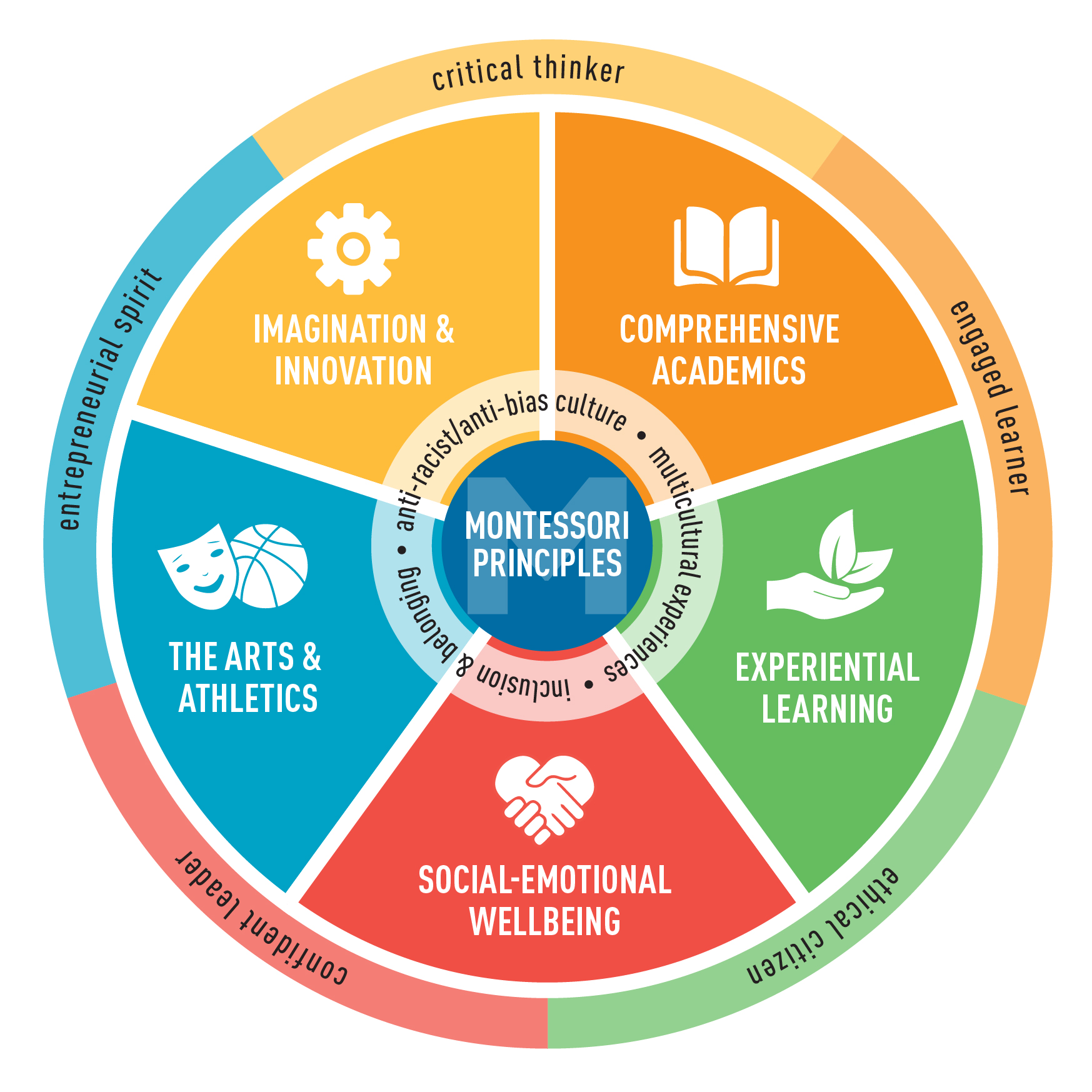 Basically, Knowledge Management (KM) describes how processes participants (particularly decision processes) utilize all resources (particularly information resources) to achieve their goals with precision, accuracy, on time and on budget inside every organization. In order to reach this objective, Knowledge Management comprises Information Systems for capture and shows participants or users best expertise, Human Resources Administration for selecting, take and learn their best talents and expertise in their knowledge areas, documented and undocumented procedures with business rules for standardize organization’s activities and Finance for quantifying their talent and expertise value, performance and importance for the organization.
Basically, Knowledge Management (KM) describes how processes participants (particularly decision processes) utilize all resources (particularly information resources) to achieve their goals with precision, accuracy, on time and on budget inside every organization. In order to reach this objective, Knowledge Management comprises Information Systems for capture and shows participants or users best expertise, Human Resources Administration for selecting, take and learn their best talents and expertise in their knowledge areas, documented and undocumented procedures with business rules for standardize organization’s activities and Finance for quantifying their talent and expertise value, performance and importance for the organization.
From this point of view, Knowledge Management is focused in how every key employee of an organization executes her key activities timely, without errors, following business rules (or not), how this business rules are efficient and effective (or not) and how this employee make decisions: which information pieces support this decisions and how this information pieces can configure some behaviors (or not).
Additionally from this perspective, Business Intelligence is a tool, a resource to be used for participants to make decisions. BI describes how organization is making business and how much focused is organization about achieving its goals.
Business Intelligence is about organization’s performance, Knowledge Management is about organization’s behavior in order to obtain the best way to make best business activities (particularly decisions). Here is the key about these two definitions. Other way to understand these definitions, differences and relationships is: BI describes the performance of organization’s activities and KM describes the organization’s components activities that produce the obtained performance. BI captures and tries to improve business results, KM captures and tries to improve organization processes and activities.
Business Intelligence and Knowledge Management together are capable to dramatically improve overall performance of any organization, but it is necessary to understand, plan and apply every implementation carefully. All BI and KM implementations must be fully supported by all organization’s stakeholders and executive levels. With their full commitment, these tools can boost all organization’s personnel productivity and, of course, profitability.



